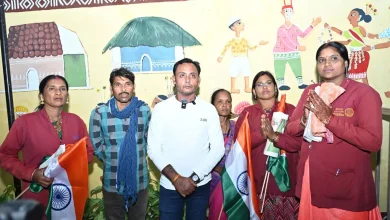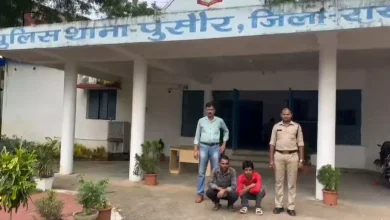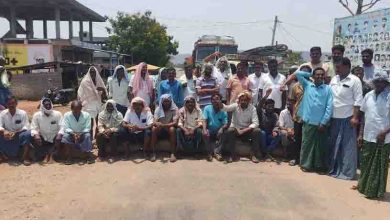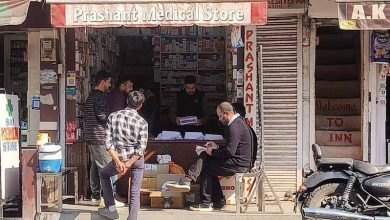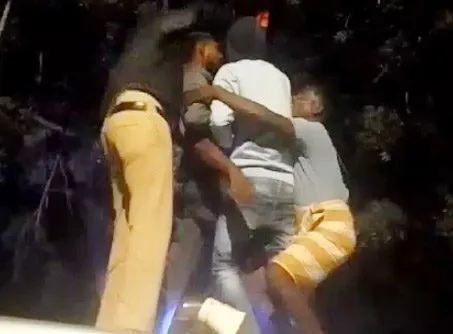Organ trafficking racket exposes rural financial distress
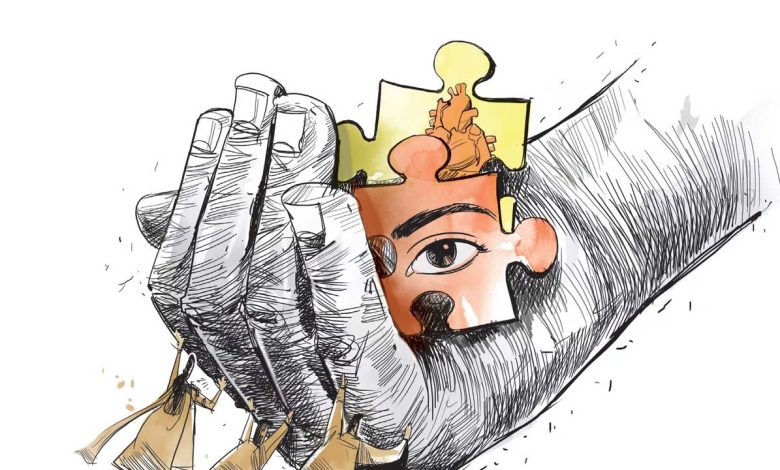
KOCHI: The underbelly of the recently busted global organ trafficking racket has exposed the severe financial distress buffeting rural areas of the state, which is forcing people to sell even their kidneys, besides the extensive mafia network behind organ harvesting.
The story of Shameer, a youth from Thirunellayi, in Palakkad district, highlights the extent to which individuals will go to resolve financial woes. The only Keralite among the 20 people taken to Iran for organ harvesting, Shameer likely sold his kidney to settle his large debts. He had even conferred with his neighbours about his intention to sell his kidney for money. Shameer has been missing from his home village for a year. The racket, led by Sabith Nasar, a 30-year-old from Valapad, Thrissur, identified him and took him to Iran, according to police sources.
During his interrogation, Sabith revealed that he facilitated the travel of the 20 Indians to Iran. Shameer donated the kidney around seven months ago. When police tracked down Shameer, whose whereabouts were previously unknown, to Mangaluru, he was found to be in poor health, likely due to the lack of post-operative care. Shockingly, none of the donors received the necessary post-operative treatment, and some did not even receive the promised payment. According to Sabith, donors were paid up to Rs 6 lakh for an organ. However, police discovered that the mafia charged up to Rs 50 lakh from recipients in some cases.
The recruited donors were admitted to a private hospital in Iran, where they donated organs to suitable recipients. They were treated for three days at the hospital, followed by a 20-day stay in a flat before being flown back to India. Most donors were youths from Hyderabad and Bengaluru.
Mullassery muddle
Now, with several residents of Mullassery grama panchayat, in Thrissur, alleging that they were cheated after donating organs, police believe that this has opened up a new front of the operations.
Financial hardships led families to fall prey to the racket. “In Mullassery panchayat alone, particularly in wards 13, 14, and 15, seven individuals underwent transplant surgeries in 2023, with five of them being women from financially backward families,” said C A Babu, former president of the panchayat.
“These surgeries took place while I was president, and the donors were from our neighbourhood. Most of them donated their kidneys,” he added.
Babu claimed that the necessary documents for organ transplant were arranged by the racket’s agents. “These donors needed permission and documents from local authorities to donate their organs, but they never approached me for any letters. I believe the agents took care of it,” Babu said.
Police action
Representative image
Cops expose international racket with Kerala links, say youths flown to Iran for kidney harvesting
In addition to Sabith, police arrested two other individuals: Sajith Shyam from Edathala and Ballamkonda Ramaprasad aka Prathapan, from Vijayawada. Prathapan was the agent responsible for identifying donors. The investigation revealed the racket’s international connections and significant financial transactions.
Officers say Prathapan had links with around 10 similar operations, including one based in Istanbul, Turkey. He was also acted as key agent of the rackets based in Hyderabad, Kolkata, Delhi and Bhopal. Transactions worth crores of rupees were traced to his bank account. Among the transactions was a transfer of approximately Rs 10 crore to Madhu Jayakumar, a Kochi resident who is now a fugitive and suspected to be in Iran. Investigators also found evidence of substantial money transfers to a firm owned by Madhu in Kochi, which is believed to be linked to the operations.
Police have approached the CBI seeking an Interpol ‘blue-corner’ notice against Madhu. According to the probe team, Madhu is a key figure operating from Iran, organising facilities, including hospitals, for individuals from India selected for organ donation. His arrest is expected to reveal critical information about the racket’s operations in Iran and its international connections.
Organ transplantation surgeries, both deceased organ transplantation and live organ donation, are monitored by the Kerala State Organ and Tissue Transplant Organisation (K-SOTTO). Previously known as Mrithasanjeevani, K-SOTTO has started conducting audits of transplantation centres in the state to monitor and prevent non-relative organ transplantation.
“As reports of illicit operations emerge, we have decided to audit transplantation surgeries held in the state. K-SOTTO will inspect transplantation centres to collect details of transplant surgeries held in Kerala,” said Dr Noble Gracious, executive director, K-SOTTO.

